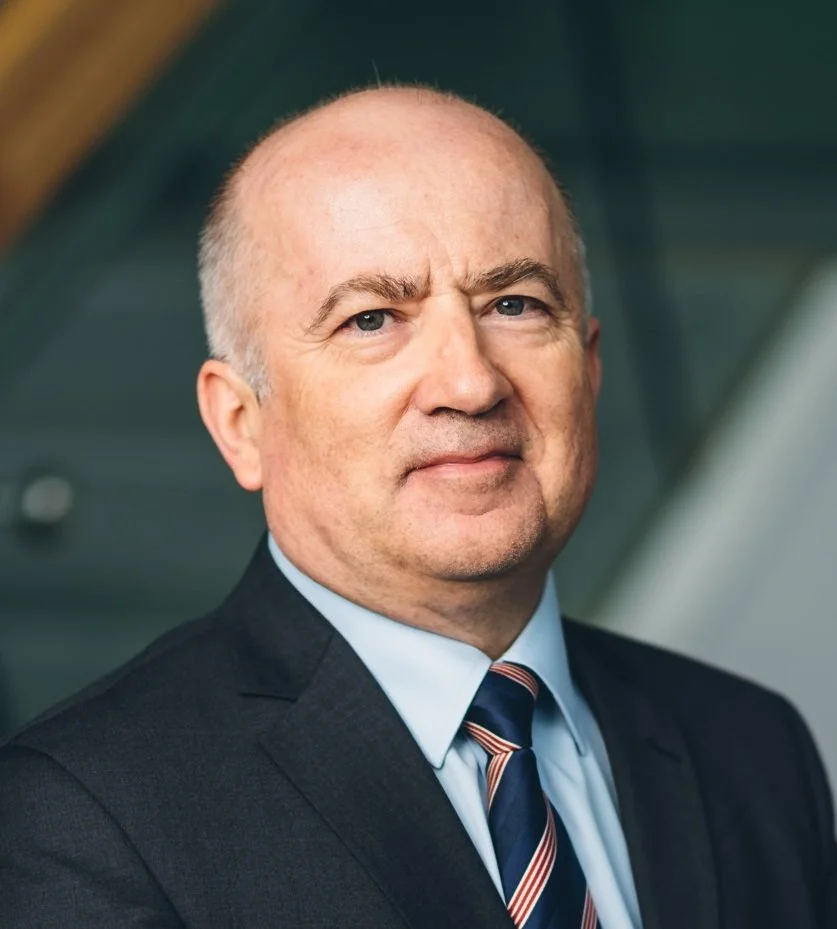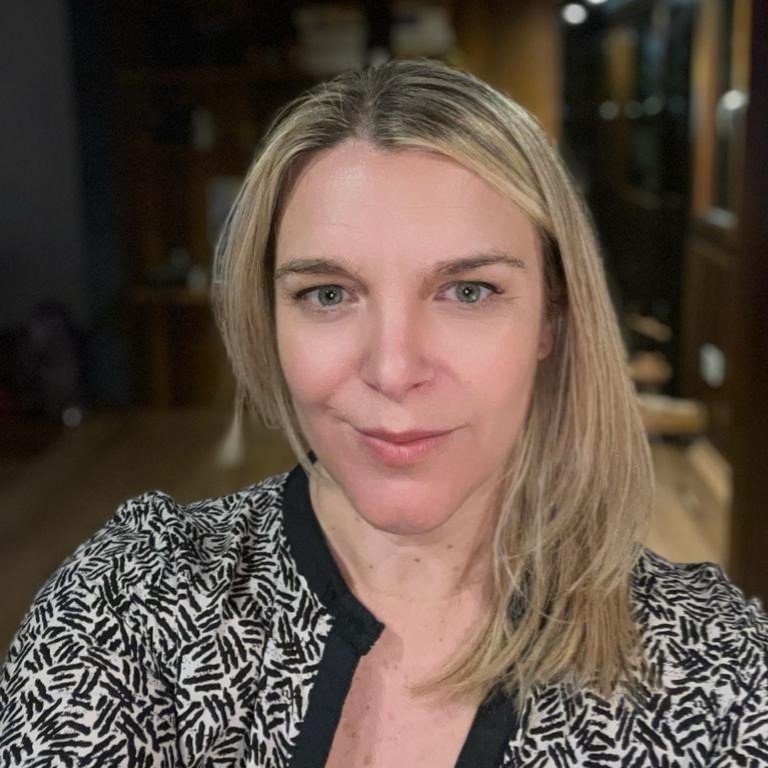

Frontiers Forum Deep Dive series
Genomic surveillance of pathogens
5 June 2024
Renowned scientists explored the power of pathogen genomic data for informing public health responses and treatments to protect the world against the next pandemic.

Speakers
-

Prof Marc Struelens
Université Libre de Bruxelles, Belgium
Read bio -

Prof Vitali Sintchenko
The University of Sydney, Australia
Read bio -

Prof Guido Werner
Robert Koch Institute, Germany
Read bio -

Prof Margaret Ip
The Chinese University of Hong Kong, Hong Kong SAR
Read bio -

Dr Josefina Campos
World Health Organization, Germany
Read bio -

Dr Stephen A Morse
IHRC Inc., USA
Read bio


Using whole genome sequencing to control infectious diseases globally
This event built on a lead article published in Frontiers in Science, outlining how lessons from COVID-19 can guide the deployment of real-time, global surveillance of pathogens and antimicrobial resistance with a One Health perspective.
Agenda
Genomic surveillance of pathogens | Introduction
Whole genome sequencing technical advances for public health applications
Integrative solutions for genomic surveillance data sharing/analysis
One Health collaborations for epidemic preparedness
Charting a path forward | Panel discussion and Q&A
Speaker and contributor bios
-
Marc Struelens
Professor Emeritus of Medicine
Université Libre de Bruxelles, BelgiumProf Marc Struelens is a pioneering medical microbiologist renowned for his research on antimicrobial resistance and infectious disease epidemiology. Marc has served as Senior Expert and Chief Microbiologist at the European Centre for Disease Prevention and Control, and as a member of various national and international health advisory boards.
Marc’s work has significantly advanced our understanding of antimicrobial resistance, surveillance systems, and healthcare-associated infections. He was awarded the Belgian Society for Clinical Microbiology and Infectious Diseases Award, elected Fellow of the Society for Healthcare Epidemiology of America (SHEA), and of the European Society of Clinical Microbiology and Infectious Diseases.
-
Guido Werner
Medical microbiologist
Robert Koch Institute, GermanyProf Guido Werner is a national expert at the European Commission, General Directorate ‘Health and Consumer Protection’. As a principal investigator and coordinator for many national and international research projects, Guido’s work focuses on antimicrobial resistance and healthcare-associated pathogens. His research interests include methods of rapid and molecular diagnostics, molecular strain characterization/typing including NGS of bacterial pathogens, and all biological and epidemiological aspects of antimicrobial resistance.
He is a member of several national and international medical societies, and chair of the ESCMID study group on microbial markers ESGEM and of the Section Basics of the Paul Ehrlich Society for Chemotherapy.
-
Vitali Sintchenko
Professor of Public Health Microbiology
The University of Sydney, AustraliaLeading microbiologist Prof Vitali Sintchenko conducts research on biosurveillance of communicable diseases. He is a Fellow of the Royal College of Pathologists of Australasia and the Australian College of Health Informatics. As Director of the CIDM-Public Health — a translational research hub funded by NSW Health — he leads a public health and diagnostic microbiology team working toward improving laboratory and epidemiological investigations of communicable diseases.
He leads a broad-ranging translational research program related to bio surveillance of bacterial diseases that are important to public health, with the aim of advancing laboratory-based surveillance and the prevention, control and management of these diseases. Renowned for his informatics research, he has published the world’s first book on infectious disease informatics with over 10,000 copies sold.
-
Margaret Ip
Chairperson, Department of Microbiology
The Chinese University of Hong Kong, Hong Kong SARClinical microbiologist Prof Margaret Ip’s research includes the development and assessment of clinical diagnostic methods and new treatment modalities. Her research team track changes relating to colonization and infection serotypes, virulence, and resistance determinants acquisitions of these bacteria in health and disease.
She serves as advisor and member in several scientific committees on antimicrobial resistance and infection control — including the Hong Kong Expert Committee on Antimicrobial Resistance, Scientific Committee on Enteric Infections and Foodborne Diseases, Centre for Health Protection, Hong Kong SAR Government, and Enterprise Support Scheme (ESS) Assessment Panel, Innovation Technology Fund. She is also Honorary Consultant at the Department of Microbiology, Prince of Wales Hospital.
-
Josefina Campos
Senior Technical Advisor - International Pathogen Surveillance Network
World Health Organization, Germany
Dr Josefina Campos served as the director of the National Genomics and Bioinformatics Center at ANLIS Malbrán, Ministry of Health in Argentina. In this capacity, she worked on a national level to integrate genomics into the surveillance system for both infectious and non-communicable diseases, utilizing a One Health approach.She also coordinated national and international projects focused on integrated surveillance to better understand the dynamics and evolution of diseases with significant public health implications. Working at the WHO Pandemic Hub, she plays a key role in the aim for every country to have equitable access to pathogen genomics surveillance in their public health systems and more recently as Unit Head for Genomics and Analytics.
-
Stephen A Morse
Senior scientist
IHRC Inc., USADr Stephen A Morse uses his expertise in microbiology and public health to further the development of the field of microbial forensics, a valuable asset for tracing naturally occurring outbreaks of infectious disease. As a member of the Senior Biomedical Research Service of the US Public Health Service, he led the establishment of the Laboratory Response Network (LRN) – a network of laboratories that can respond to biological and chemical threats and other public health emergencies, and the Select Agent Regulation – a program which oversees the possession, use and transfer of agents and toxins, posing a threat to the public, animal or plants.
Stephen has received several prestigious awards, including the McLaughlin Medal from the University of Texas Medical Branch in Galveston, the Harriet Hylton Barr Distinguished Alumnus Award from the University of North Carolina School of Public Health, HHS Equal Opportunity Award, and the McDade Citation for Lifetime Scientific Achievement, CDC.
